Cancer discovery news
Our researchers are making the discoveries that defeat cancer. Read the latest findings from our world-leading research.
Visit our main news hub to read about news on new funding, our fundraising activities and much more. If you want to keep updated on our news, you can follow us on social media or sign up for our Search newsletter.
If you’re a journalist and want to find out more, you can contact our media relations team.
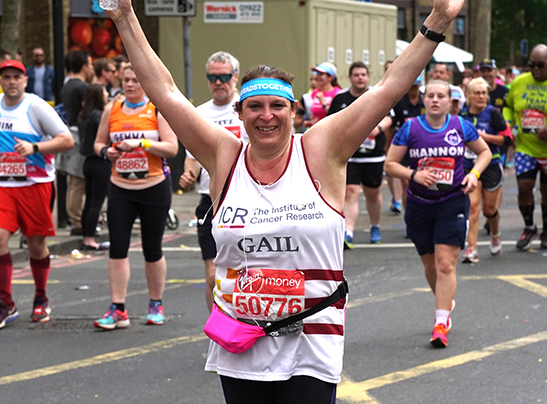
Good luck to our #teamICR 2018 London marathon team
This year 22 people are joining #teamICR to run the London marathon to raise funds for cancer research. We wish all of our runners the best of luck!
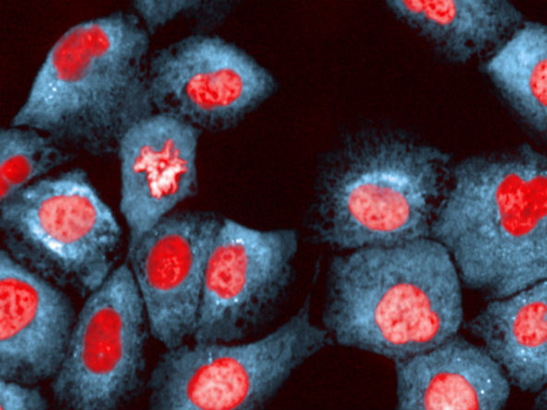
Scans could guide drug treatment in breast cancer
A new scan could help doctors to spot when women with breast cancer stop responding to targeted drugs.

Professor Johann de Bono given 2018 AACR award for outstanding achievement
The ICR's Professor Johann de Bono has been chosen to receive the 2018 AACR–Joseph H. Burchenal Memorial Award for Outstanding Achievement in Clinical Cancer Research.
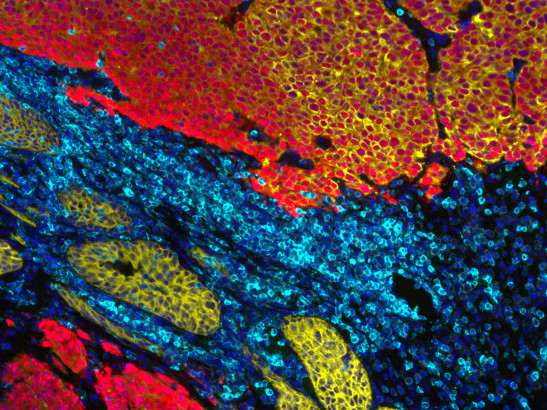
Scientists uncover 80 potential lines of attack against prostate cancer
Scientists have identified 80 molecular weaknesses in prostate cancer that could be targeted by drugs – in the largest, most comprehensive study ever conducted into the genes that drive the disease.
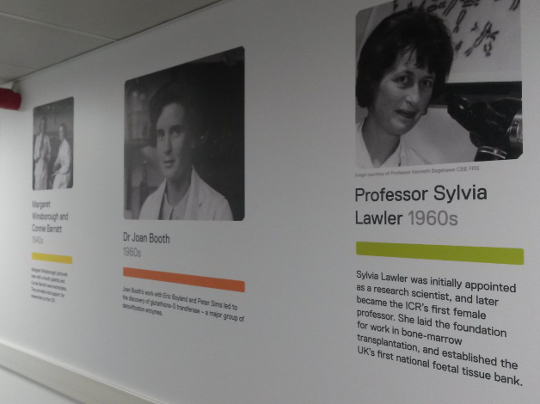
ICR hosts discussion on gender equality for UK research institutes
The Institute of Cancer Research, London, hosted a conference, specifically for research institutes, on how to improve gender equality within the workplace in Chelsea at the end of March.

Researchers discover 40 genes involved in early development of myeloma
Researchers have revealed 40 genes involved in the development of myeloma, increasing our understanding of the complex genetics behind the incurable blood cancer.
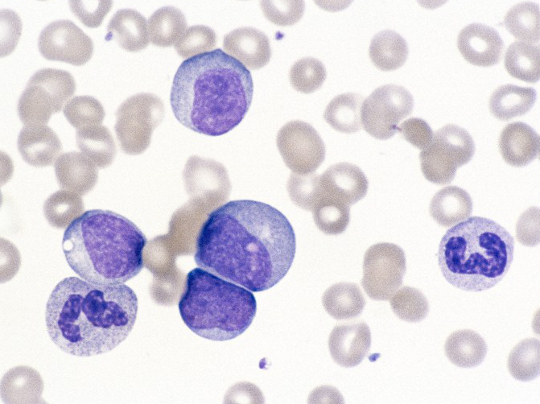
Two single-letter DNA changes could raise risk of childhood leukaemia
The team analysed genetic data from almost 2,500 people with, and more than 14,500 without, the disease to identify the differences that are associated with a greater risk.
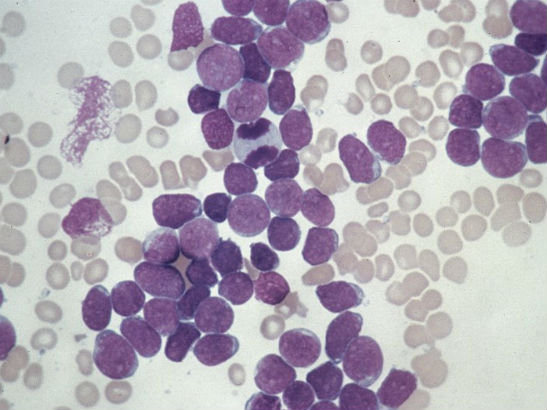
Scientists map the genetic evolution of childhood leukaemia
The key genetic events responsible for initiating the early stages of a type of childhood leukaemia have been identified by ICR scientists.
-(4-3).png?sfvrsn=f34dfbad_2)
Lung cancer drug shows promise as targeted therapy for thousands with breast cancer
A drug used in treating non-small cell lung cancer could offer a new targeted therapy for thousands of breast cancer patients, following the discovery that it can kill breast cancer cells with a particular genetic defect.

'Virtual tumours' predict success of tumour-heating sound waves
The technology uses targeted sounds waves to destroy cancer cells and could be extra beneficial when used in combination with radiotherapy.
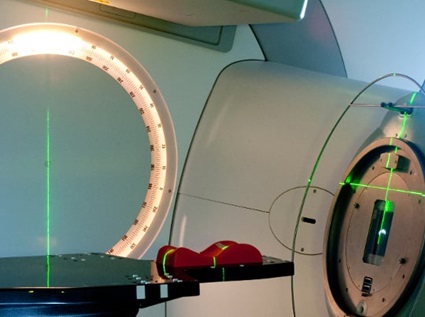
Women report fewer adverse side-effects from partial or reduced breast radiotherapy, reveals major study
The latest results from a large study indicates over half of patients do not report moderate or marked side-effects at any point and that most side-effects reduce over time.
-mucinous-ovarian-tumour-(photo-nephron)-547x410.jpg?sfvrsn=683c5fde_2)
Six steps forward we've made in ovarian cancer treatment
Over the last few decades, our research into ovarian cancer has led to discoveries that greatly impact on its treatment. Today, this research is giving women with ovarian cancer a better quality of life and more time with their loved ones. Here are six of our discoveries.